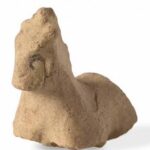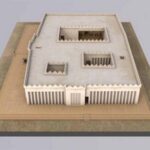In a remarkable archaeological discovery, researchers from the British Museum have unearthed a 4,000-year-old Sumerian temple in the ancient city of Girsu, located in southern Iraq. What makes this find truly extraordinary is the possibility that the temple was dedicated by Alexander the Great himself, as a testament to his divine status and homage to ancient gods.
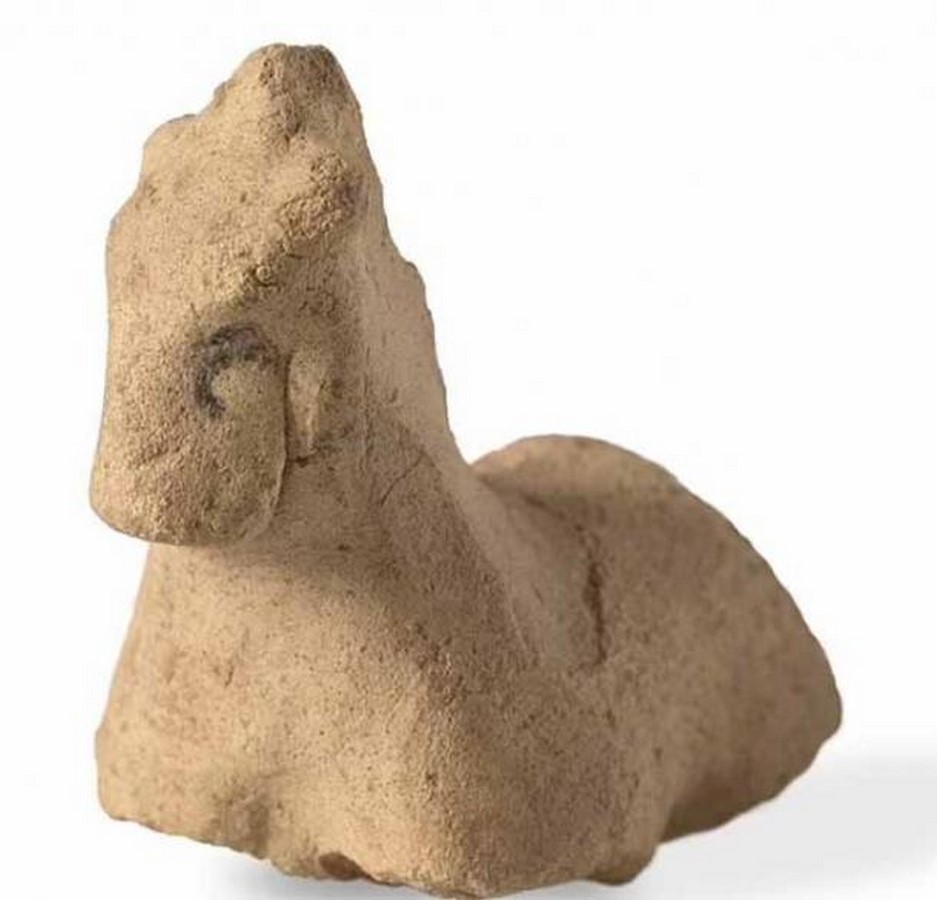
Journey to Girsu: Exploring Ancient Mesopotamia
Girsu, also known as Tiris, holds a significant place in the annals of history as a prominent city of the Sumerian civilization. Flourishing during the Early Dynastic and Ur III periods, Girsu played a pivotal role in shaping the cultural landscape of early Mesopotamia. The unearthing of the temple sheds light on the deep historical awareness and cultural memory present within ancient societies, challenging previous perceptions of their sophistication.
The Enigmatic Temple: A Testament to Alexander’s Legacy
Dr. Sebastien Rey of the British Museum describes the discovery as “truly mind-blowing.” The temple’s later Greek inscriptions, previously puzzling to archaeologists, now suggest a connection to Alexander the Great’s lifetime. Excavations revealed offerings reminiscent of those made after battles, including figures of soldiers and cavalrymen, hinting at Alexander’s potential visit to the site before his demise.
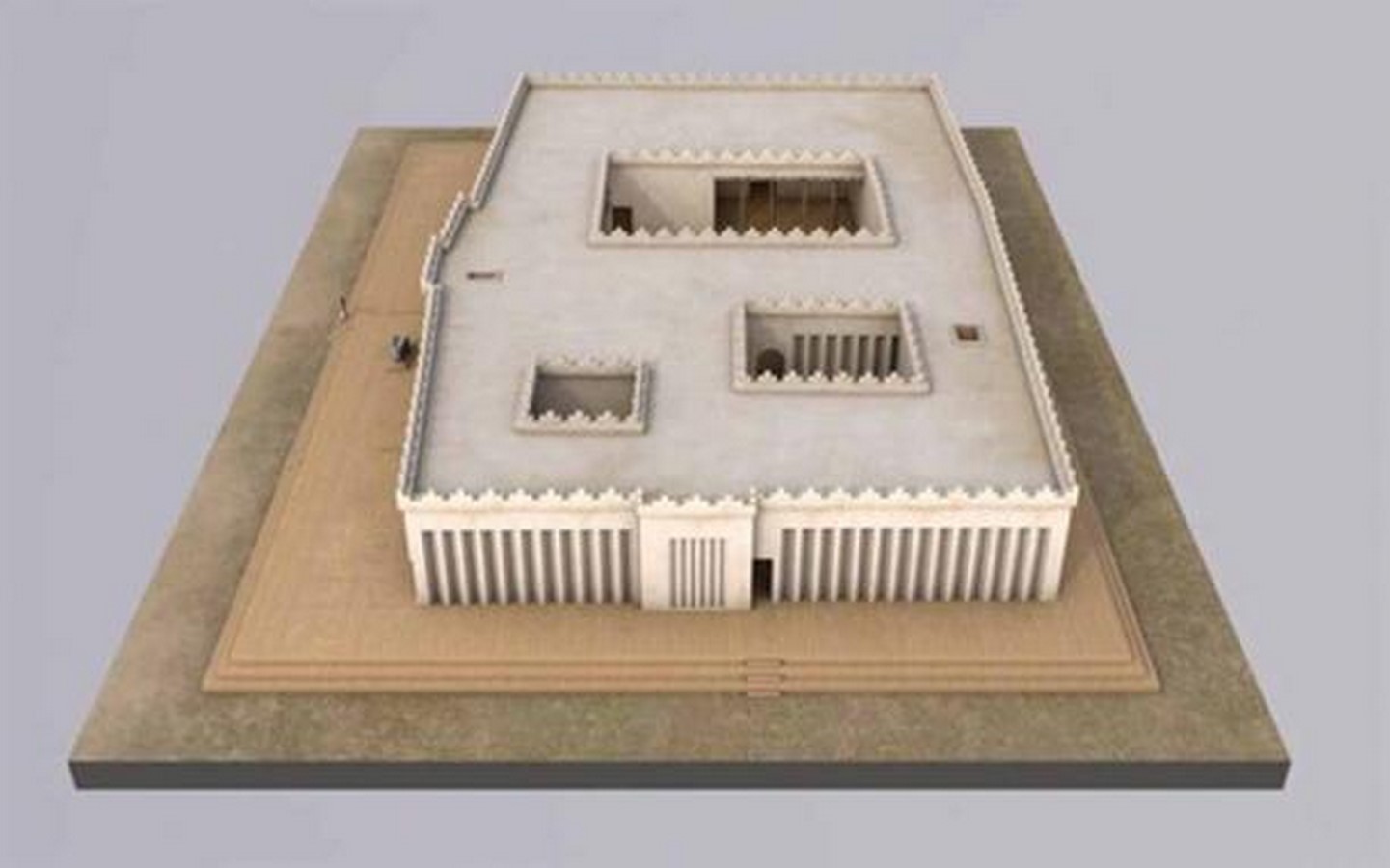
Temporal Dissonance: Unraveling Historical Mysteries
The presence of Greek inscriptions and artifacts dating back to Alexander’s era raises intriguing questions about the temple’s origins. Despite the temple’s abandonment centuries before Alexander’s birth, researchers propose that Greek settlers, possibly influenced by Alexander’s conquests, established the temple to assert his divine lineage. The discovery of a silver drachma coin minted by Alexander’s forces further supports this hypothesis, signaling a profound Greek presence in the region.
Divine Connections: Hercules, Ningirsu, and Alexander
Dr. Rey suggests that Alexander’s fascination with mythical heroes, particularly Hercules, may have led him to seek parallels in Sumerian mythology. Ningirsu, a Sumerian deity associated with Hercules-like feats, likely intrigued Alexander, prompting him to establish a sacred site in Girsu. The inscription “giver of the two brothers” is interpreted as a reference to Zeus, the purported father of Alexander and Hercules, linking the divine lineage of these iconic figures.
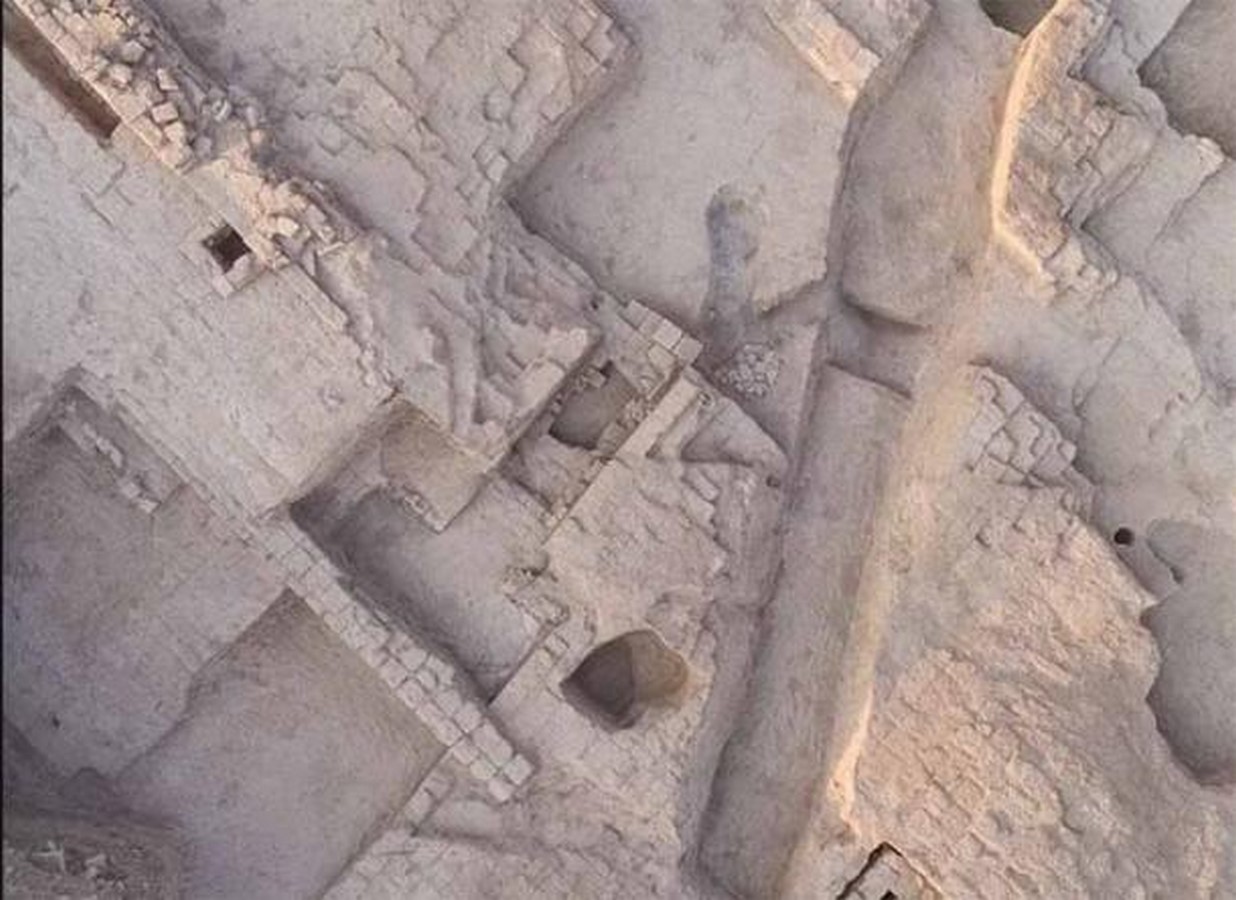
A Testament to Cultural Memory
The recognition of Girsu as the dwelling place of Ningirsu underscores the profound cultural memory preserved within the region. The construction of a Hellenistic temple atop the ancient site during Alexander’s return from his Indian campaign aligns with his efforts to bridge Greek and Sumerian mythologies. By honoring Zeus and his divine sons, Hercules and Alexander, the temple stands as a testament to Alexander’s legacy and his enduring impact on the cultural landscape of Mesopotamia.
As Dr. Rey concludes, the discoveries at Girsu offer profound insights into the intersection of myth and history, shedding light on the divine aspirations of one of history’s most enigmatic figures.



